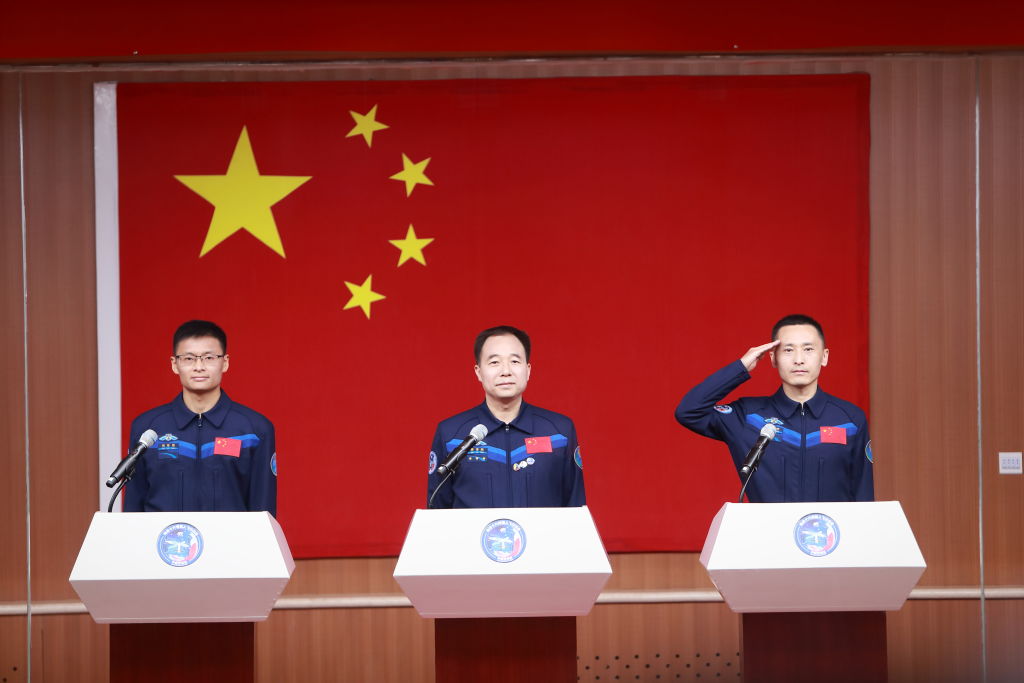China plans to land astronaut on the moon by 2030, official says


A free daily email with the biggest news stories of the day – and the best features from TheWeek.com
You are now subscribed
Your newsletter sign-up was successful
China plans to place astronauts on the moon by 2030 and expand its orbiting space station, government officials announced Monday. The announcement is the "highest-level confirmation of China's ambitions for a crewed lunar landing," per The New York Times.
"We can clasp the moon in the ninth heaven," said Lin Xiqiang, the deputy director of China's Manned Space Agency, at a news conference, quoting a poem by Mao Zedong.
Successfully launching a crewed lunar landing would be a "a major milestone" for space exploration as no human has been on the surface since the United States Apollo missions, the Times explained. It would also "mark a significant achievement for China in its burgeoning competition with the United States in space." China's top elected leader, Xi Jinping, has previously said that the country should become a "great space power."
The Week
Escape your echo chamber. Get the facts behind the news, plus analysis from multiple perspectives.

Sign up for The Week's Free Newsletters
From our morning news briefing to a weekly Good News Newsletter, get the best of The Week delivered directly to your inbox.
From our morning news briefing to a weekly Good News Newsletter, get the best of The Week delivered directly to your inbox.
China became the third country to put a person into space behind the USSR and the U.S. after its first human-crewed space missions in 2003. The country built its own space station after being excluded from the International Space Station, "largely due to U.S. objections over the Chinese space programs' intimate ties to the PLA," The Associated Press noted. The U.S. has plans for a crewed lunar landing by the end of 2025 as part of renewed efforts to launch crewed missions, aided by private sector companies like SpaceX and Blue Origin.
Both countries have considered permanent bases for crews on the moon, "raising questions about rights and interests on the lunar surface," AP added. The U.S. has laws against cooperation between the two countries' space agencies, while China claims to welcome collaboration from other countries, which has been limited to scientific research so far.
A free daily email with the biggest news stories of the day – and the best features from TheWeek.com
Theara Coleman has worked as a staff writer at The Week since September 2022. She frequently writes about technology, education, literature and general news. She was previously a contributing writer and assistant editor at Honeysuckle Magazine, where she covered racial politics and cannabis industry news.
